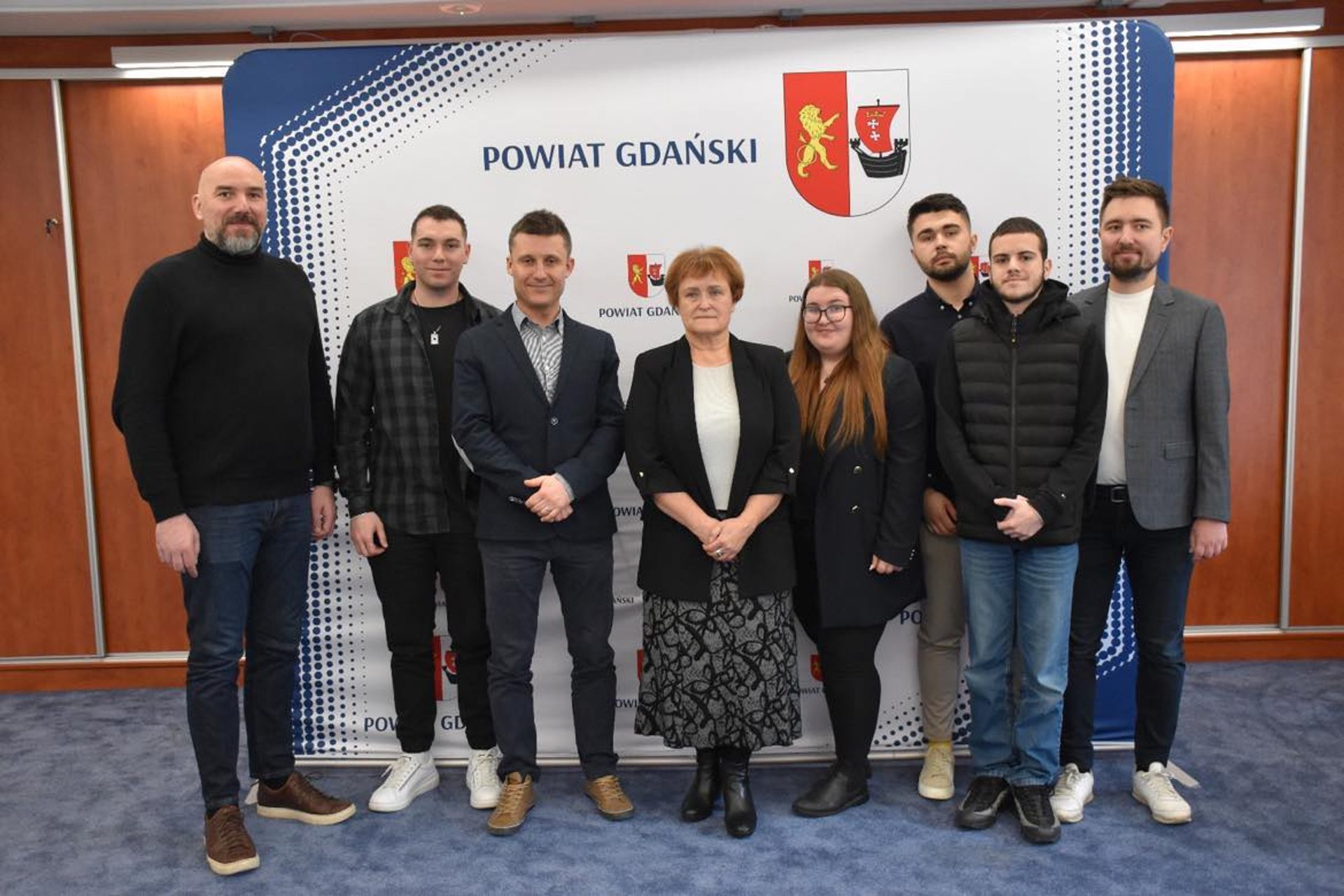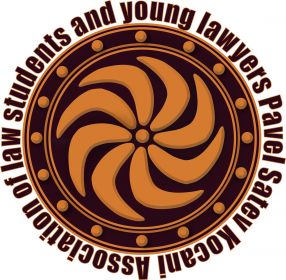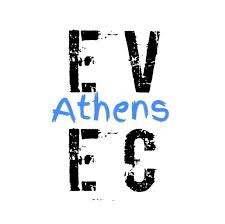
Target group of project
The target groups of our Erasmus+ project are diverse and include students, teachers, and local communities. The project is designed to provide opportunities for cross-cultural learning and collaboration, as well as to enhance the employability and skills of participating students.
The primary target group of the project is VET students, specifically those studying in the fields of agriculture, horticulture, economy, logistic and art. These students will participate in the training sessions and workshops related to the creation and marketing of Himmeli kits. They will also be responsible for the collection and processing of invasive reeds, which will be used in the creation of Himmeli kits. The project will provide students with hands-on experience in product design, marketing, and sales, as well as valuable skills in entrepreneurship and digital marketing.
Another target group of the project are VET teachers, who are responsible for the delivery of the training sessions and workshops. They will receive training and support in innovative teaching methods, as well as in the development of crosscultural partnerships and collaborations. The project will also provide teachers with opportunities for professional development, as they will be working with colleagues from Macedonia and Greece, and will have the chance to exchange knowledge and ideas.
In addition to VET students and teachers, the project will also target local communities in the region. The creation of Himmeli kits from invasive reeds will be promoted and sold locally, with the aim of raising awareness of environmental issues and the importance of sustainable production and design. The project will also engage with local farmers, who will be encouraged to collect invasive reeds instead of burning them, thereby reducing pollution in the region.
Finally, the project will target organizations and stakeholders in Macedonia and Greece, who will be involved in crosscultural partnerships and collaborations. This will provide opportunities for knowledge exchange and collaboration, as well as for the dissemination of project outcomes and best practices.
Overall, the target groups of our project are diverse and reflect the broad range of stakeholders involved in vocational education and training, as well as in the promotion of sustainable development and environmental awareness. The project aims to provide opportunities for cross-cultural learning and collaboration, as well as to enhance the skills and employability of participating students.
Description of project
Our project aims to reduce pollution caused by invasive reeds by turning them into a sustainable product. Through vocational training and entrepreneurship education, we aim to create a Himmeli kit that can be promoted and sold by our target groups, including students, farmers, and local communities. Our project aims to promote green and digital skills while contributing to the fight against climate change.
The project consist of eight activities, including a kick-off meeting, training on Himmeli art, promotion of the product, training on creating the Himmeli kit, marketing and promotion, evaluation, and dissemination. The activities will be implemented over a period of 24 months and involve transnational mobility and virtual events.
We expect our project to achieve the following results: development of green and digital skills among VET students, creation of a new product - Himmeli kit, promotion of environmentally friendly practices, strengthening of transnational cooperation, dissemination of project results to the wider public, and long-term sustainability of the project outcomes.
Project partners




Association Pavel Satev Kocani is a non-governmental organization located in Kocani, North Macedonia. Its main activities are focused on environmental protection and sustainable development, with a particular emphasis on reducing invasive species and promoting biodiversity. The organization works on various projects related to environmental education, community engagement, and advocacy for environmental issues. They also collaborate with local authorities, NGOs, and international partners to develop and implement effective solutions for environmental challenges. The organization aims to raise awareness among citizens and to promote environmentally responsible behavior among the local community.
EEEK Athens is an NGO connected with art and culture. Their main activities include organizing cultural events and activities, promoting art and artists, offering art courses and workshops, and supporting cultural exchange and collaboration. They also focus on environmental issues and are involved in projects that aim to promote sustainable practices and raise awareness about environmental challenges. EEEK Athens is committed to promoting social and cultural development through creative initiatives and innovative approaches. EEEK Athens also works to increase public engagement with the arts and to foster a deeper understanding of contemporary art among audiences of all ages and backgrounds. In addition, the organization is committed to promoting sustainability and environmentally friendly practices, and often incorporates these values into its projects and events.